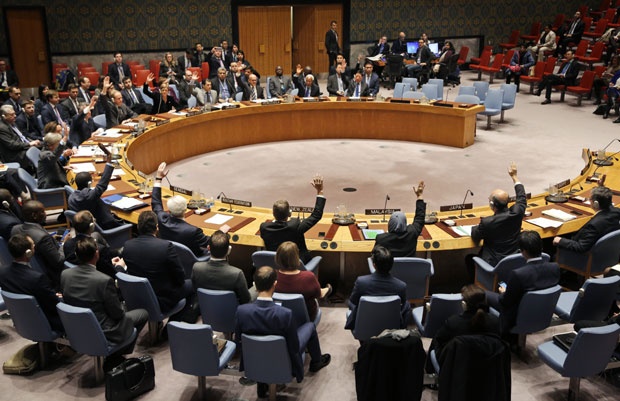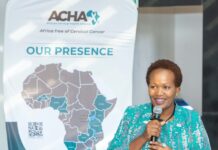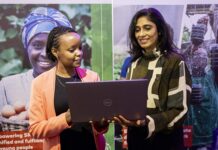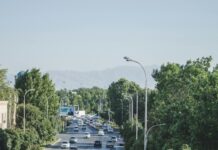By Lilian Museka
On 8th of March 2000 United Nations Security Council (UNSC) sent a statement to the press and later in the same year October, the UNSC passed the Resolution 1325 (UNSCR 1315), unanimously adopting this statement and I quote:
”Peace is inextricably linked with equality between women and men. If women are to play an equal part in security and maintaining peace, they must be empowered politically and economically and represented adequately at all levels of decision making, both at the pre-conflict state and during hostilities as well as at the point of peacekeeping, peacebuilding, reconciliation, and reconstruction.”
It recognized the centrality of gender in approaches to international peace and security and address the disproportionate and unique impact of armed conflict on women.
The resolution placed the security of armed conflict and their roles in peacebuilding on the agenda of the UN Security Council.
The three key concerns brought to the world’s attention included: The disproportionate number of women and girls affected by armed conflict and the necessity to protect them in conflict and post-conflict settings; The under-representation of women in conflict resolution and peacebuilding activities and the importance of women’s participation in all processes related to peace and security and The imperative to mainstream a gender perspective in all aspects of peacekeeping operations and in the peace and security architecture of states and the UN systems.
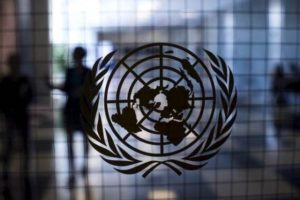
Locally, the resolution was developed by the Kenya National Action Plan (KNAP) to implement the UNSCR 1325 and related resolutions dubbed ‘ Kuhusisha wanawake ni kudumisha Amani’ translated as to involve women is to sustain peace. It was anchored in the constitutional values of gender equality inclusion and participation.
The National Steering committee for KNAP comprises representatives from Government, civil society, the private sector, independent constitutional commission and the media.
The plan which comes to an end this year was executed over a three year period (2016-2018), with the aim of encompassing all the pillars of UNSCR 1325.
KNAP is the fifty-seventh plan to be developed globally and eighteenth in Africa. It revolves around four pillars which include: Participation and promotion of women, Prevention of violence against women and girls and Relief and Recovery- including women in all relief and recovery programmes.
However, as the phase one plan comes to a close, very little progress has been realized. Threats to women security in Kenya are still rooted in long-standing gender-based discrimination.
Despite being embedded in the country’s constitution, some practices still discriminate against women and limit their participation in public spheres
Article 27 (8) and Article 81 of the Kenyan constitution states that not more than two-thirds of members of elective or appointive bodies shall be of the same gender.
The current national assembly has only 23 elected women with six nominated. Together with the 47 county women representatives, the total does not make a third of representation, to meet the constitutionally required threshold.
Out of 47 counties, only 6 are elected women Governors and these include Joyce Laboso, Ann Waiguru, Charity Ngilu, Margaret Kamar, Dullo Fatuma Adan and Susan Kihika.
The public is denied effective leadership when men knock out their women counterparts. Some of the women have been outstanding in their jobs; they include the late Nobel Peace Prize winner Wangari Maathai, Lupita Nyong’o, the first Kenyan Woman to win an Oscar award and celebrated Captain Koki Mutungi who is poised to fly President Uhuru Kenyatta in the Kenya Airways maiden flight to the United States, among other women.
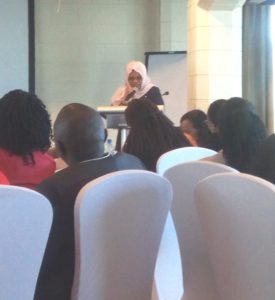
Noting that women have been largely undermined as noted by the Principal Secretary, state department of Gender Affairs Hon. Safina Kwekwe who is calling for the full implementation of the plan
“Even as we assess the current plan in readiness to roll out the second phase, we are still struggling to have women recognized in key positions, not just politically but in other spheres and in security matters. Women cannot fight for a secure society when they are hungry. There is need to empower them with all round leadership,” she adds.
Conflict among communities have lead to violence outbreak and the most affected are women and children. Therefore the participation of women in formal peace process is vital as indicated by the UNSCR 1325.
In its report on the post-election violence in 2017, the National Commission on Human Rights recommends that the National Gender and Equality Commission investigates the increased cases of Sexual and Gender Based Violence that were meted on mostly women and children.
In a recent stakeholders’ meeting to evaluate KNAP phase 1, participants were in agreement that Kenya had not over wholly implemented the phase 1 of the resolution, which begged the question whether the country was prepared to move to Phase two.

